Barriers holding back the private sector
With about 1 million enterprises and more than 5 million individual business households, the private economic sector has contributed about 51% of GDP, more than 30% of total state budget revenue and nearly 60% of total social investment capital. This sector also created more than 40 million jobs, accounting for about 82% of the labor force in the economy.
Despite many opportunities for growth, the private sector still faces many barriers.
According to Associate Professor Dr. Vu Hung Cuong, Institute of Social Science Information (Vietnam Academy of Social Sciences), barriers to awareness and thinking about the role of the private economic sector in policy making still show inequality, with a tendency to favor the state economic sector in accessing resources such as credit, land, resources, information, etc.
At the same time, the private economic sector also suffers from discrimination in tax policies and customs procedures compared to the FDI sector.
He said that the legal system related to the investment and business environment still has many shortcomings and overlaps. Administrative procedures are complicated, time-consuming, and potentially risky; unofficial costs still exist. This has caused many obstacles to business registration, the organization of production and business activities, and the desire to expand the scale of private enterprises.
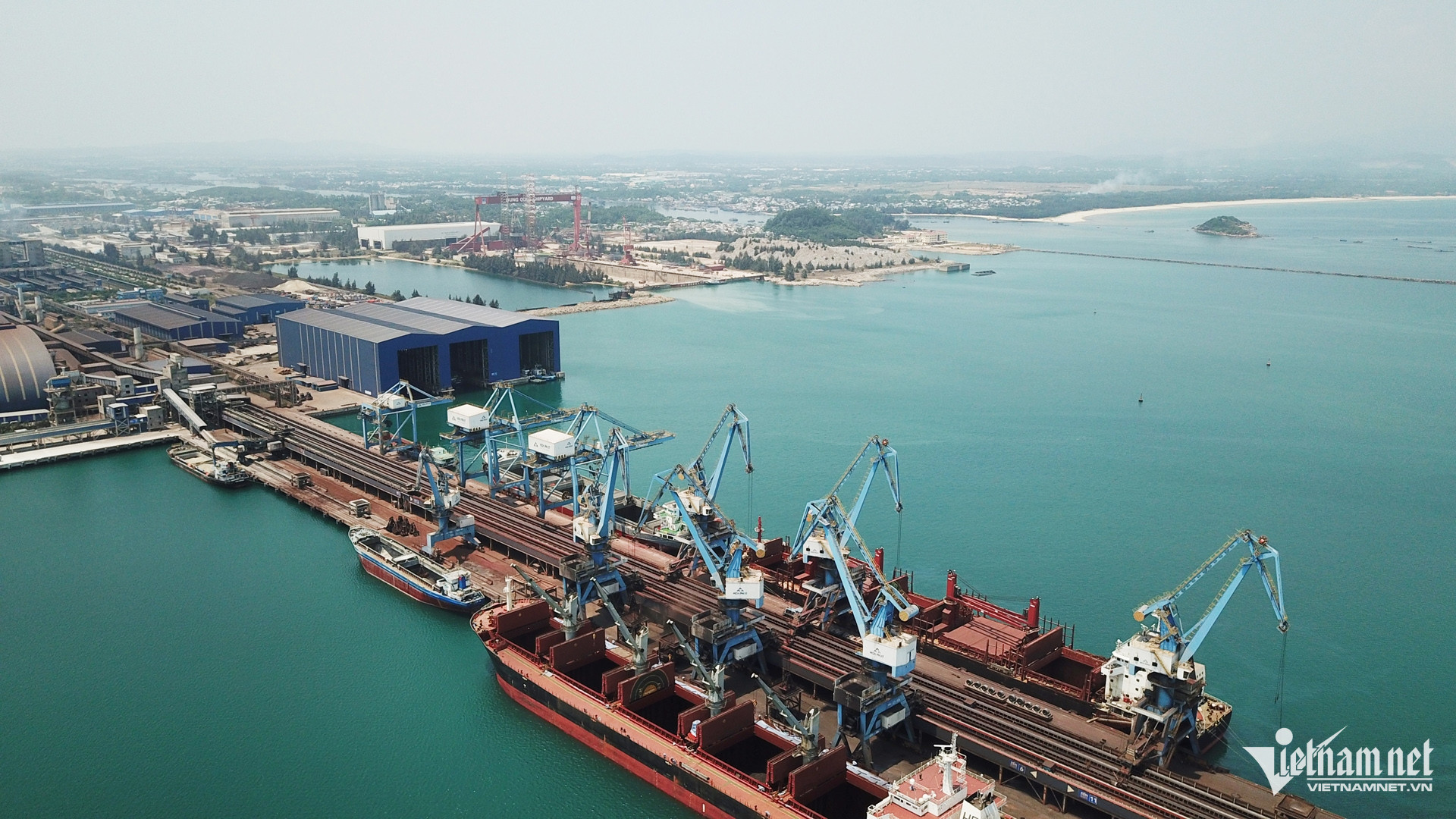
According to experts, to become a core force, private enterprises need to contribute more to the country's economic growth. Photo: Hoang Ha
Along with that, credit policies and funds to support small and medium enterprises still have many complicated additional regulations, even "hidden barriers", making implementation in practice difficult, especially in accessing capital sources.
Or in the design requirements of bidding packages of public investment projects, there are still technical barriers, such as barriers in business capacity and operational experience, making it difficult for the private economic sector to participate in bidding packages of important projects.
Associate Professor Dr. Vu Hung Cuong also pointed out some inherent limitations of the enterprises themselves. That is, many enterprises in the private economic sector still lack long-term investment and business strategies and development motivation. Most private enterprises are limited in scale, mainly small and micro-sized enterprises, leading to limitations in technology, digital transformation, innovation in management and business models and competitiveness.
Or limited in business management capacity, networking capacity; still lacking confidence in connecting with FDI enterprises. Most individual business households lack motivation to transform into enterprises due to fear of complicated administrative and financial procedures.
How to make private enterprises the core?
Resolution 68 of the Politburo on private economic development has the core goal of removing bottlenecks, liberating resources that are still being held back, and eliminating existing barriers so that the private economic sector can develop more strongly.
Sharing with VietNamNet reporter, Dr. Dau Anh Tuan, Deputy Secretary General, Head of Legal Department, Vietnam Federation of Commerce and Industry (VCCI) said that Resolution 68 clearly defines: "The private economy is the most important driving force of the national economy", is the "pioneering force" in national development.
These phrases represent a strong shift in thinking, affirming the position, stature and mission of the private economic sector. Instead of being discriminated against as before, this sector is now highly appreciated, has high expectations and is assigned many important responsibilities.
According to Mr. Tuan, if private enterprises want to become the core force, they need to contribute more to GDP. Resolution 68 sets a target that by 2030, private enterprises will contribute about 55-58% of GDP. Along with that, more exports will create more jobs.
In the long run, the economy cannot depend solely on the foreign investment sector. They come quickly and leave quickly, especially when there are trade problems or changes in strategy. Meanwhile, Vietnamese private enterprises have local roots and can develop sustainably for many generations.
"Therefore, the private economic sector needs to be considered a 'pillar' for the country's development. Many private enterprises have been formed from families with a business tradition. Therefore, it is important to create motivation and a favorable environment for entrepreneurs to clearly define the mission of building Vietnamese enterprises and brands that can last for many generations and develop sustainably," said Mr. Dau Anh Tuan.
Besides, according to the Deputy Secretary General of VCCI, private enterprises need to determine their mission and most important contribution to the economy is to do business effectively, produce goods that bring value to people and the community, and compete internationally.
“A business’s products are not only its own assets, but also represent the country’s image when exported to the world. Therefore, businesses need to preserve and enhance the value not only of its brand and business efficiency, but also of its national value and image. Vietnamese businesses must carry the Vietnamese brand,” Mr. Tuan emphasized.
Vietnamnet.vn
Source: https://vietnamnet.vn/thao-go-rao-can-khoi-thong-dong-luc-cho-kinh-te-tu-nhan-2400415.html








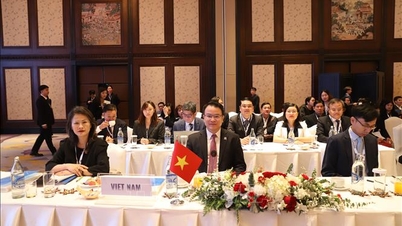














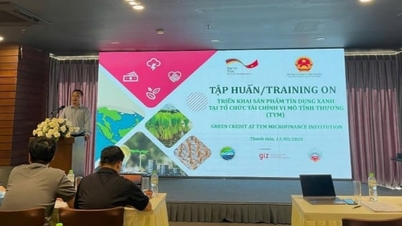

















































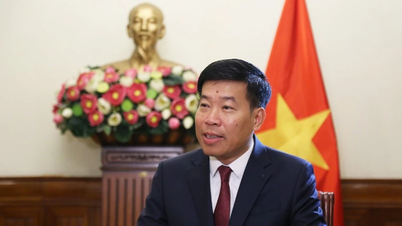



















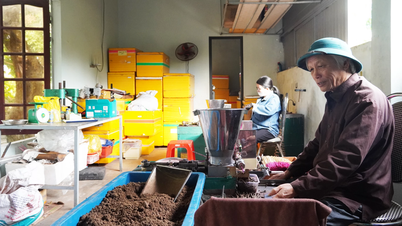













Comment (0)